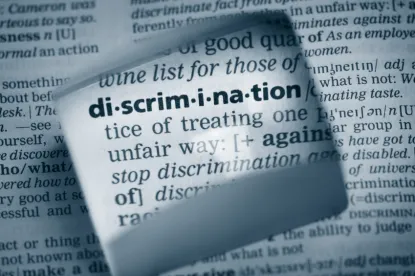On January 23, 2019, the U.S. 7th Circuit Court of Appeals handed employers a welcome ruling and held that the Age Discrimination in Employment Act of 1967 (the “ADEA”) does not protect outside job applicants from disparate impact age discrimination. Kleber v. CareFusion Corp., No. 1:15-cv-1994 (7th Cir. Jan. 23, 2019).
By way of background, disparate impact claims arise where an employer’s actions are facially neutral, but in practice adversely affect individuals in a protected class. Disparate treatment claims, on the other hand, focus on an employer’s intent to discriminate against an individual.
When making its ruling, the 7th Circuit thoroughly examined the plain language of the statute and observed that the ADEA prohibits a covered entity from subjecting “any individual” to disparate treatment based on age. The Court further pointed out that the ADEA prohibits a covered entity from subjecting “employees” to discrimination based upon disparate impact. This difference in language was dispositive; the Court held that the plain language of the ADEA demonstrated that only employees, and not individuals (i.e., applicants), are protected from disparate impact discrimination.
Indeed, per the Court:
The plain language of § 4(a)(2) makes clear that Congress, while protecting employees from disparate impact age discrimination, did not extend that same protection to outside job applicants.
This decision is good news for employers. However, employment-law watchers suspect that the issue will ultimately come before the U.S. Supreme Court.




 />i
/>i
